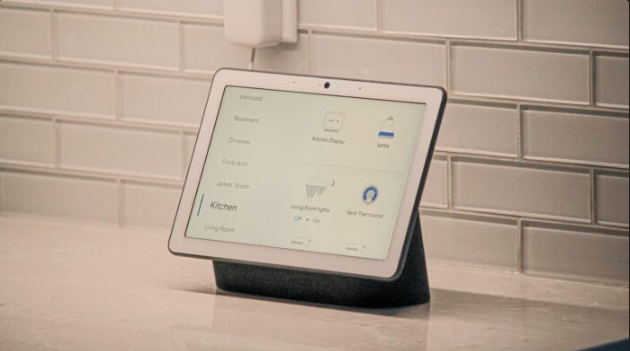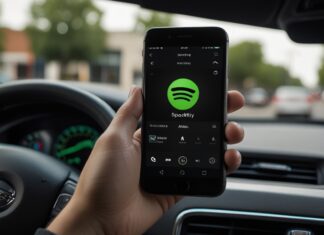In the first week of 2023, some people who are developing Fuchsia released a document explaining about a project. Before the file was deleted from the network, it was possible to get information that relates the operating system to JavaScript and mentions to a device that will have the novelty in its release. That is, out of nowhere, Google decided to remind everyone that it is still working in the future OS.
According to the document discovered by 9toGoogle, Fuchsia will receive JavaScript support in its development. The goal is to facilitate the administration and control of the resources of the device, because “eventually the operating system will be used on devices when they are being manufactured”.
However, what draws the most attention in the file is that Google needs to finalize the OS in the first half of 2023. That’s because the company is producing a gadget that will have Fuchsia as a base already on its launch.
The document says:
It is necessary to have a generally functional solution ready by 1H2023 (first half of the year) for it to be available for fuchsia’s first factory construction.
Since THE OS is already part of the foundation of Google Nest Hub software, we can initially imagine that such a device would be the next generation of the company’s smart speaker. Rumors indicate that the item may hit stores between the second half of 2023 or the first half of 2024.
Google keeps moving forward with OS
After a long time with no news about the operating system, it seems that the search giant has decided to rekindle the interest of the public.
It is important to remember that fuchsia development began in mid-2016, but little information has been released since then. By the end of 2022, the team of developers hosted a Bootcamp SDK to reinforce work on the OS.
It came as an extension to Visual Studio Code and was downloaded about 500 times. As a result, you got a say in how many people are working on the project.
Be that as it may, the brand has not yet explained more clearly to the public what to expect from the product. Will it replace Chrome OS or Android? The American company says no, but you never know.









